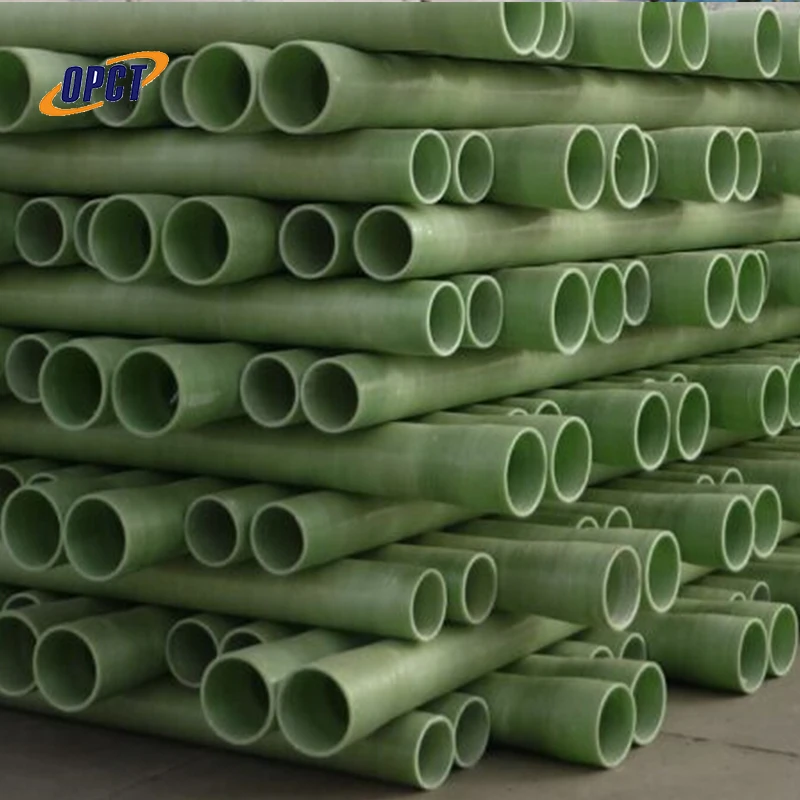In the ever-evolving landscape of industrial materials, FRP (Fiberglass Reinforced Plastic) trays have emerged as a reliable solution for various applications. These trays are highly regarded for their strength, durability, and versatility, making them an indispensable asset in numerous industries.

FRP trays offer a multitude of benefits that make them a superior choice compared to traditional materials. First and foremost, they are incredibly lightweight yet exceptionally strong. This unique combination ensures easy handling and installation, reducing labor costs and minimizing downtime during the installation process. Unlike metal trays, which are prone to rust and corrosion, FRP trays are inherently resistant to a wide range of chemicals, making them ideal for use in aggressive environments such as chemical plants, refineries, and wastewater treatment facilities.
One of the standout features of FRP trays is their longevity. These trays boast a remarkably long service life due to their resistance to the wear and tear typically caused by environmental factors. Exposure to UV radiation, high temperatures, or moisture does not compromise the integrity of FRP trays, which is a testament to their robust design and manufacturing process. Companies investing in FRP solutions often find significant savings over time, as the need for frequent replacements is greatly reduced.

Safety is another critical aspect where FRP trays excel. Their non-conductive nature eliminates the risk of electrical hazards, making them a preferred choice in settings where electrical safety is paramount. Furthermore, the non-slip surface of FRP trays helps prevent accidents in workplace environments, enhancing the overall safety for personnel operating around or on these trays.
In terms of design flexibility, FRP trays present endless possibilities. Manufacturers can customize these trays to meet specific dimensions and load-bearing requirements, ensuring that they fit seamlessly into any infrastructure or project. Whether for supporting cables, pipes, or other equipment, FRP trays can be tailored to suit the precise needs of an operation. This adaptability underscores their growing popularity in sectors ranging from telecommunications to construction.
frp tray
Environmental concerns are at the forefront of many industries today, and FRP trays contribute positively in this regard as well. These trays are made from recyclable materials and their long lifespan means fewer resources are consumed over time. Companies aiming for sustainable operations often gravitate towards FRP solutions due to their lower environmental footprint compared to traditional materials like galvanized steel.
While the initial cost of FRP trays might be higher than some of their counterparts, the overall return on investment is significant. The reduced maintenance needs, coupled with their long-lasting nature, ensures that organizations save in the long run. Businesses that have embraced FRP trays often report enhanced operational efficiency and reduced expenditure on repairs and replacement.
Even in the face of constant innovation and technological advancements, FRP trays have consistently proven to be a valuable investment. Their unmatched combination of durability, safety, and cost-effectiveness, coupled with customizable designs and environmental benefits, solidify their status as a material of choice in the industrial sector.
In conclusion, the deployment of FRP trays within various industries highlights a commitment to reliability and efficiency. Their proven track record of performance and resilience ensures that they remain at the forefront of industrial applications, addressing modern challenges with traditional reliability. As industries continue to evolve, FRP trays are well-positioned to meet the demands of tomorrow, providing a solution that aligns with the core pillars of experience, expertise, authoritativeness, and trustworthiness.




